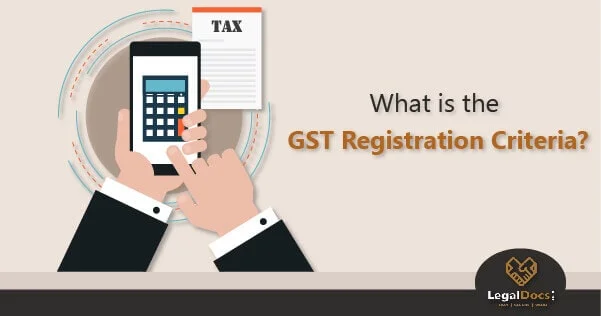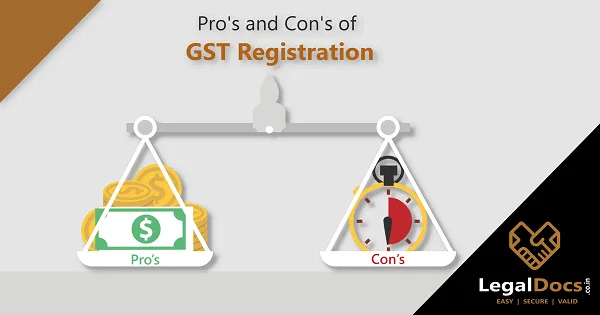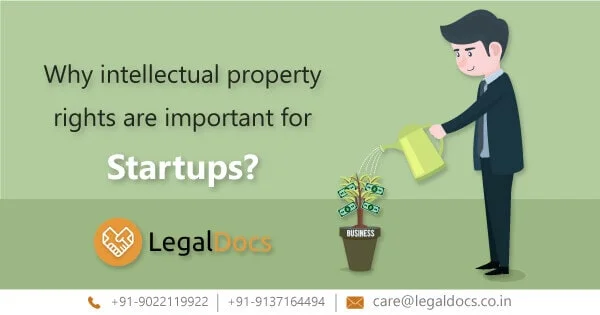Thresholds and Eligibility Criteria under GST Registration
The New GST Registration and Eligibility Criteria is mandatory to any individual or group involved in commercialized business, as it enables the proprietary to discharge taxes and avail the benefits of input tax credit. In the GST regime, certain businesses have to register mandatory. In case they carry business operations without the registration, heavy penalty shall be imposed on them.
Eligibility Criteria under GST Registration
According to the GST Council, there are various GST registration criteria that make a business entity liable to obtain GST registration. All those listed below must register for GST:
Individuals registered under the laws existing before the implementation of GST, such as; excise, VAT, service tax etc.
Business with a turnover above the threshold limit of 20 lakh rupees. The limit is 10 lakh rupees for states like Jammu and Kashmir, Himachal Pradesh, Uttarakhand, and North Eastern states of India.
Casual taxable person or Non-Resident Indian taxable person.
Agents of a supplier, Input Service Distributor, and E-commerce operators
Those paying taxes under the reverse charge mechanism.
A person other than a registered taxable person, who is supplying online information and database access or retrieval services from a place outside India to a person in India
GST Registration Process
A person or a business entity may choose to apply for GST Registration online through the GST Network. One may require professional assistance to file an application for registration. The documents required for GST registration are:
PAN card of the company.
Aadhar card.
Proof of constitution of the business that may be in the form of a partnership deed, Memorandum of Association (MoA) or Articles of Association (AoA), certificate of incorporation.
Details and address proof of place of business like rent agreement or electricity bill.
A canceled cheque of the bank account or bank account statement showing the name of the account holder, MICR code, IFSC code, and bank branch details along with a digital signature.
List of partners and all authorized signatory with their identity and address proof with photographs in case of partnership firms. For companies, one needs to give a list of directors with their identity and address proof with photographs. A letter of authorization or Board Resolution for Authorized signatory may also be required.
All the GST Registration Documents are essential to complete the process of registration. The GST registration process takes 2 to 6 working days. The process is a tedious one and involves the submission of all these documents scanned. The government does not charge any fees for the registration process. However, since the procedure is lengthy one may need to hire professional assistance for which GST consultation fees have to be paid by the end of the registration process.
The process is new for those who earlier were not registered under the prevailing indirect tax regime applied by the central and state government. However, those already registered under the VAT law in their respective states shall receive a provisional ID and password to login into the portal and complete the process of enrollment for GST within a timeline. The provisional ID is provided by the state department for service tax or VAT.
Once you complete the process of registration, you can also download GST certificate online in simple and easy steps.
List of Offences under GST
The Goods and Service Act clearly defines the offenses and the penalties levied thereof. GST has brought in strict provisions; penalties, prosecution and arrest in cases of tax evasion and matters pertaining to corruption. An inadvertent mistake can cause serious consequences. Therefore, all business owners, chartered accountants and tax professionals must be careful and aware of all the relevant information.
21 offenses have been listed under the GST Act. The major of them being:
If a person who is required to register under the law is not registered.
If the supply of goods and services is done without any invoice or is using a false invoice.
If the invoice is issued by a taxable person using GSTIN of another bonafide taxpayer.
If the information submitted at the time of GST registration is false.
If the financial records, documents, files, or returns filed turn out to be fake with the motive of tax evasion.
If one tries to refund by fraud.
If the sales are deliberately suppressed to evade taxes.
In case a composition scheme has opted even though the taxpayer is not eligible for the same.
Offences & Penalties Structure :
If any of the offenses are committed then a penalty is levied. The principles for charging these penalties are:
Late filing: Late filing attracts penalty in the form of late fees. According to the Act, a late fee of 100 rupees per day is charged. So, it is 100 rupees under CGST and 100 rupees under SGST and a total of 200 rupees per day. The maximum late fee charged is 5000 rupees. However, no late fee is charged on the delayed filing of IGST. Along with a late fee, an interest of 18\\\% has to be paid per annum. It is calculated on the tax to be paid. The time period will be from the next day of filing to the date of payment.
For not filing: If one does not file GST return for one month, returns for subsequent months cannot be filed. This will lead to a cascading effect with the imposition of heavy penalties and fines.
For 21 offenses mentioned in the Act with no intention of fraud or tax evasion: any such offender who is not paying tax or is making short payments will be liable to pay a penalty of 10\\\% of the due tax amount. The penalty is subjected to a minimum amount of 10000 rupees.
For 21 offenses mentioned in the Act with the intention of fraud or tax evasion: an offender will have to pay a penalty amount i.e. 100\\\% penalty with a minimum amount of 10,000 rupees. Jail term of 1 year to 5 years is awarded to those who fail to comply with the GST compliances. The term of jail will depend upon the amount of tax amount involved.
Cases of fraud: In the case where a person or a business entity has suppressed any transaction or have claimed excess input tax credit is subjected to inspections under GST. The Joint Commissioner authorizes another officer of CGST/SGST to inspect places of business of the suspect.
Compounding of offenses: In case of prosecution for an offense in a criminal court, the accused will have to appear before the Magistrate. The process becomes expensive and time-consuming.
Are you looking for New GST Registration in India?
Legaldocs will guide you in getting all necessary Documents and Registration required to get GST Registration in India, Please click on the following link to connect with our consultants.
 Knowledge Center
Knowledge Center


























LEAVE A REPLY: